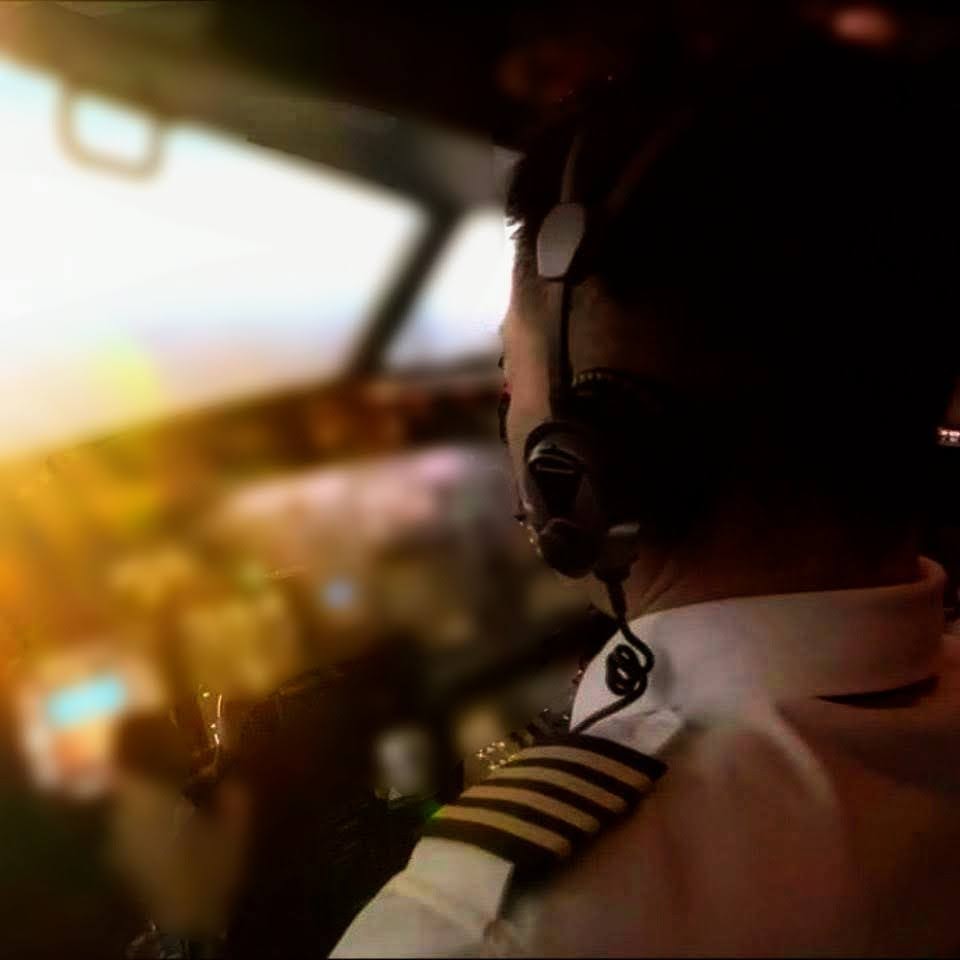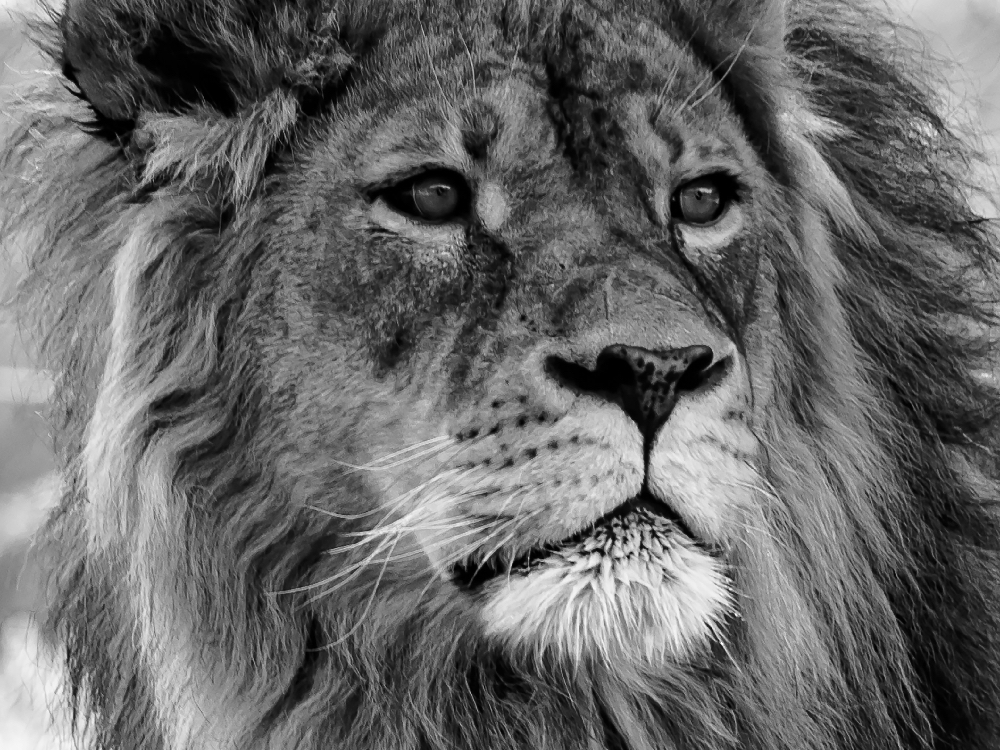In brief…
- My late grandpa, a lieutenant general who fought at the frontlines of wars, and reposed at 104 years old with a distinguished career as renowned labor economist, professor, and hospital CEO.
- I would often not just turn up on time, but BEFORE time, so that there is time to breathe and relax, and be physically and mentally prepared for the meeting or event.
- During my last stint in the army, I was posted to the officer training academy as an assistant to one of the senior officers at the academy headquarters.
I come from a family of military officers. My late grandpa, a lieutenant general who fought at the frontlines of wars, and reposed at 104 years old with a distinguished career as renowned labor economist, professor, and hospital CEO. I have an uncle who was an air force colonel, and later went on to a successful computing career. However, even if I did not go far in the military, I did my duty for national service in the army. It was an interesting journey to shape my life for the next nearly 40 years.
So what are some lessons I learned from my family and my own national service?
1. Punctual
I see all too often, people turn up late for job interviews, business meetings, and life occasions. My frequent comment to them would be, “imagine you are going for a leisure trip overseas. Would you be late for the flight?” Often, these folks, young and old, would droop their heads in silence. It is really all about respect for others and discipline.
I would often not just turn up on time, but BEFORE time, so that there is time to breathe and relax, and be physically and mentally prepared for the meeting or event. By going ahead of time, there is also buffer for emergencies.
2. Purpose
Every soldier serves a purpose, from Private to General. Everyone is part of an equation to protect the country, and no man is greater or lesser than the other. Likewise in everyday life, everyone must serve a purpose in the community, and must find this purpose. Nobody should drop out of the ecosystem, unless they want out altogether.
3. Discipline
As soldiers, we had to fold our blankets and keep our bunks clean daily. We had to rise early on time for marches. We had to stay put in camps while other young people went out daily to date, to dance, or to eat. The military demands discipline out of people, and it is this discipline that makes an army work.
Life is no different. If you don’t have discipline to conform to corporate orders and demands, you won’t fit in and you will be fired. Discipline makes us tough and makes us perform consistently. Discipline develops responsible behavior, and it demands repeated actions to commit things to memory. It will become our second nature.
4. Presentation
If you serve in the modern military, perhaps you may not go through as much rigors as the armies of yesteryears. In our time in the 1980s, we had two sets of uniforms, one for combat and one for parades. The ones we wore for parades were stiff and had to be made even stiffer with starch. Our “enciks” (Malay language for sir, usually reserved for non-commissioned officers) would demand that our parade uniforms (we call them “number three”) had to be so stiff they could stand unassisted. In any case, our tropical weather is hot and humid, and marching in those starched uniforms were a killer. It was all about presentation, to make a strong impression.
Clothes do make the person. Just as we polished our boots and our rifles. So create an impression, from top to bottom, whenever you make a public appearance at work or at leisure, because you will never know who you may meet. It is not about brands, but clean hair, nails, face, looking smart, etc. And this presentation goes beyond the exterior. How you speak and present at meetings and conferences matter too. Pay attention to every detail, from your exterior to your speech and presentations.
5. Wit
During my last stint in the army, I was posted to the officer training academy as an assistant to one of the senior officers at the academy headquarters. There, I had close contact with the commanding officer of the academy, who later went on to head another uniformed entity serving the nation. I remembered him more than my direct boss, because he was jovial and yet commanding. He had wit and it was often used to great effect. He showed me even in the military, there is a human side.
Wit is not just humor, but inventiveness and innovative thinking. Every situation is different and may emerge suddenly. How do we react and respond? And after resolution, how do we manage stress? All these is part of wit and our fortitude to handle planned and unplanned events that come our way. We must always be prepared with countermeasures of innovation and results.
The military is a special environment where camaraderie and commitment of people make relationships strong towards high performance and results. We can learn a great deal of leadership, management, teambuilding, and communication from the military. For communicators, the military offers everything from succinct and precise communication, to crisis management.
If you want to communicate effectively with your teams, or with the public at large through public relations (PR), talk to us today!
###

Dr Seamus Phan – Global C-suite Publicist & Strategist (Biochemist, Cybersecurity & Webdev pioneer, Author, Journalist) with 37 years of professional field experience.

